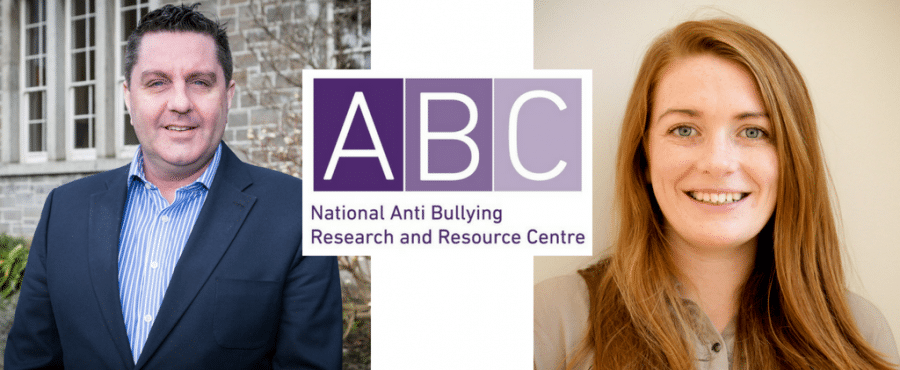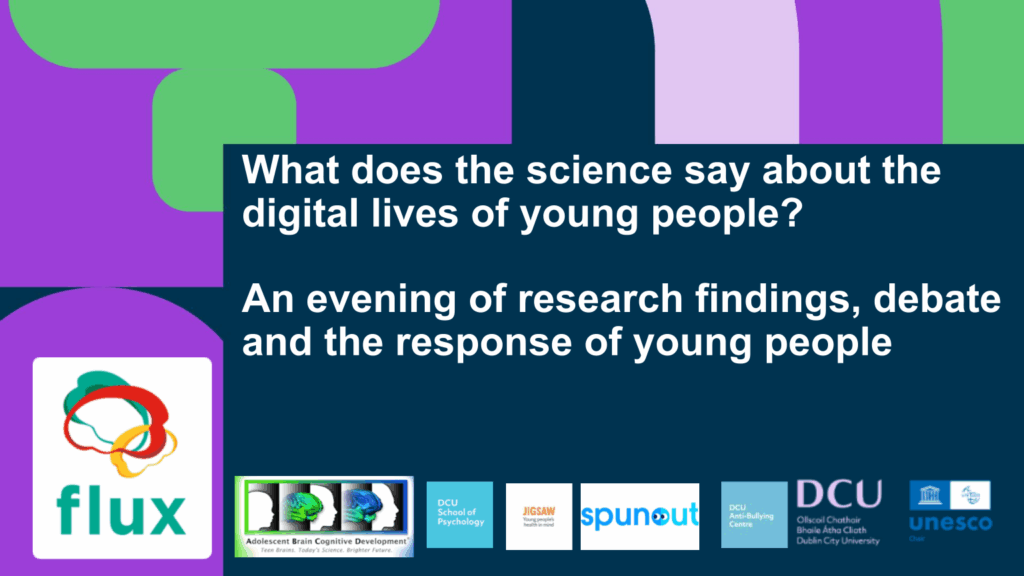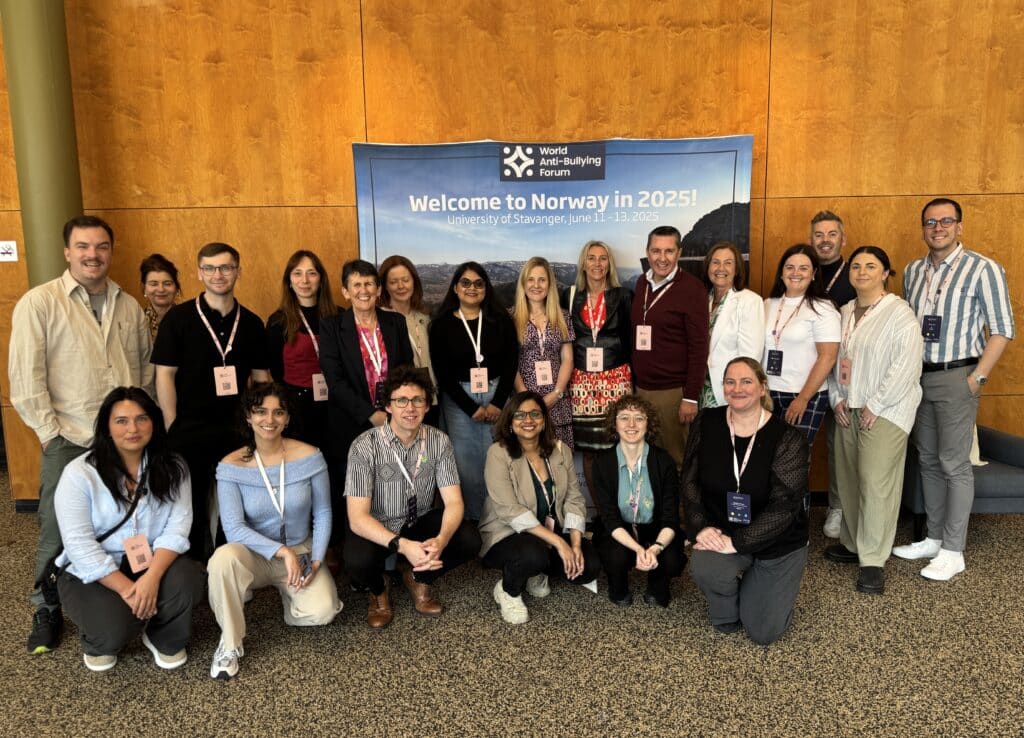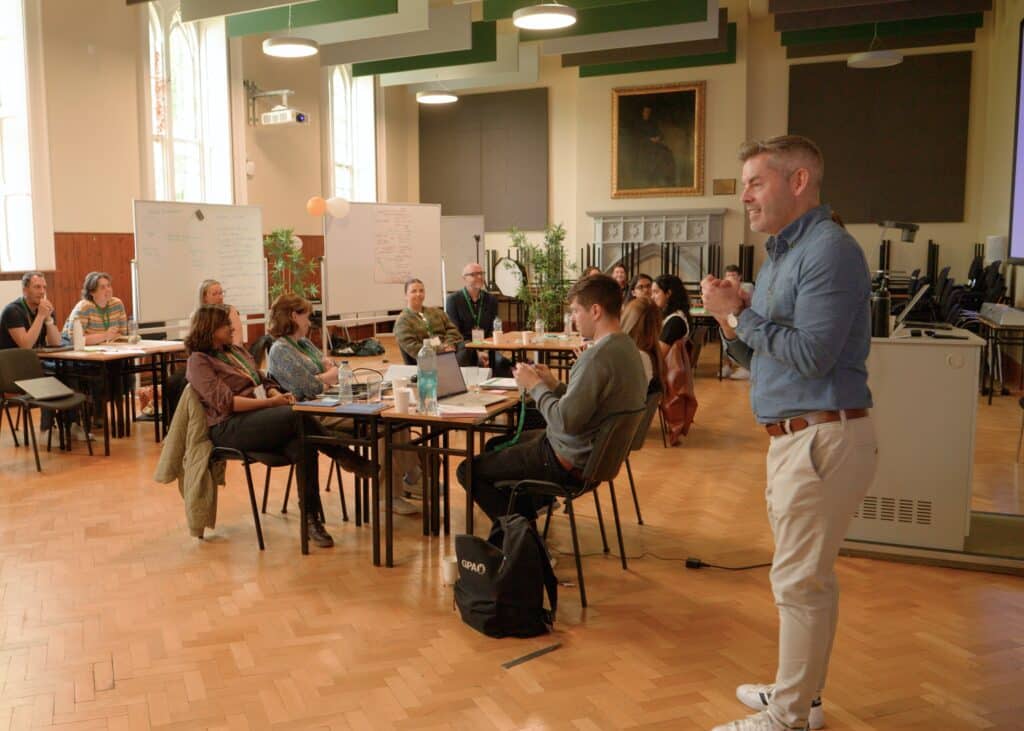Dublin City University has announced the appointment of Prof. James O’Higgins Norman as holder of the UNESCO Chair on Tackling Bullying in Schools and Cyberspace. Prof. O’Higgins Norman is Director of the National Anti-Bullying Research and Resource Centre (ABC), which is located in DCU’s Institute of Education.
The award of the UNESCO Chair to DCU is part of a global partnership between UNESCO [United Nations Educational, Scientific and Cultural Organisation] and the University in a major international research collaboration aimed at tackling the growing phenomenon of bullying in schools and online.
The prestigious appointment comes as the National Anti-Bullying Research and Resource Centre (ABC) has secured EU funding to assess the prevalence and impact of bullying among Roma children in Ireland and Cyprus.
The European Commission has identified the Roma community as one of the most disadvantaged groups in the EU and asserts that discrimination, fed by pressure, harassment and bullying in schools, can act as serious deterrents to Roma parents sending their children to school.
“This extremely important research will shine a light on areas of society and schools where children and young people experience bullying because of their identity. Measuring the international extent of bullying and the development of a set of measures aimed at preventing bullying will form a key aspect of my role as UNESCO Chair for the next four years”, says Prof. O’Higgins Norman.
The newly-funded project, ‘BREATH – Bullying Experiences Among Roma Children’, has been allocated €179,695 to address the lack of scientific research on Roma children and their experiences of school by:
Working with the Roma community and its advocates in Ireland and Cyprus to cooperatively create new, effective research measures.
Developing a ground-up strategy of inclusion for the European Commission.
Creating a cross-national advisory document for Roma inclusiveness in schools, to be implemented beyond the life of the project.
Project Lead and Researcher with the National Anti-Bullying Centre, Dr Mairéad Foody, says, “The lack of safe and secure education for Roma children is one of most serious human rights shortcomings and violations across Europe. We are delighted to work with our new partners – Musicantia, NASC Ireland and KISA in Cyprus – to push for a more inclusive school system in Ireland and Europe.”
The study has received two years of funding under the EU DG Justice 2017 Action Grants. This funding is granted by the European Commission to projects or organisations which help implement EU programmes or policies.
The award of the UNESCO Chair on Tackling Bullying in Schools and Cyberspace is initially for four years and involves researchers and academics in Ireland and across the globe working together to document incidents of bullying and violence in schools and the widespread harm associated with cyberspace bullying, particularly among young people.
The work of the new UNESCO Chair includes:
To examine the extent of bullying internationally.
To develop robust strategies to prevent bullying.
To provide teachers, educationalists and parents with guidelines on how to intervene to prevent harmful practices arising in the school environment.
To deliver a range of reports on bullying and associated recommendations over the four years of the initiative.



